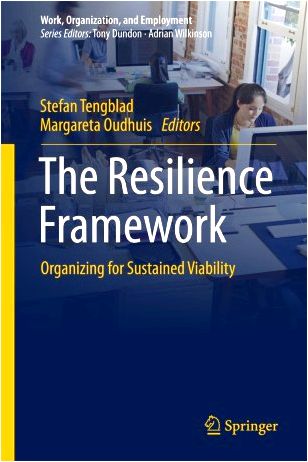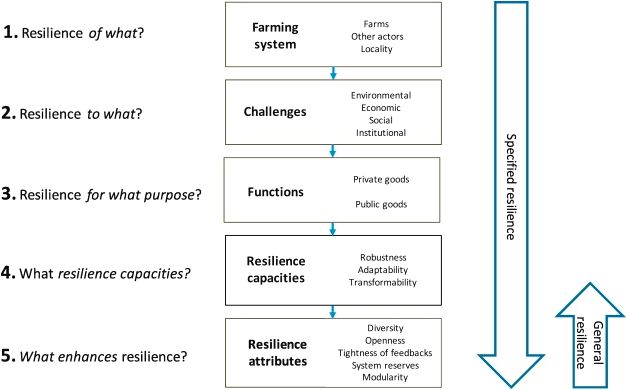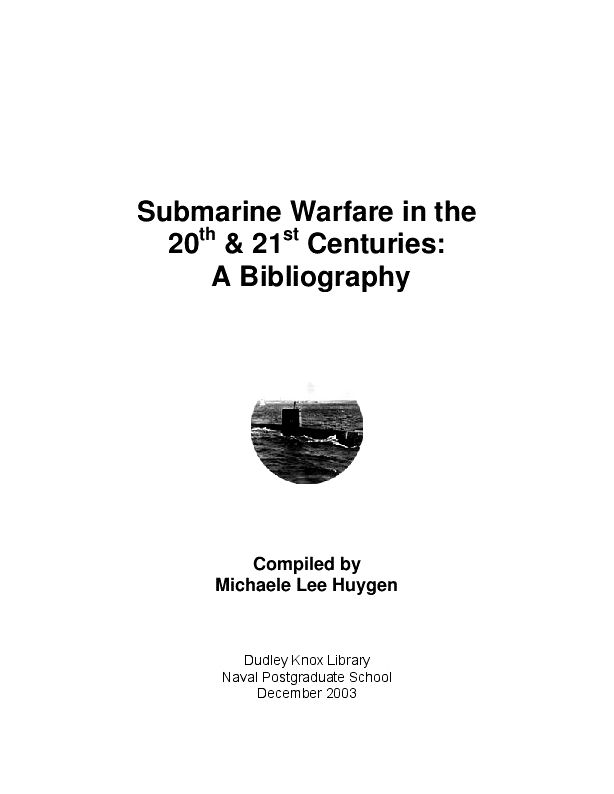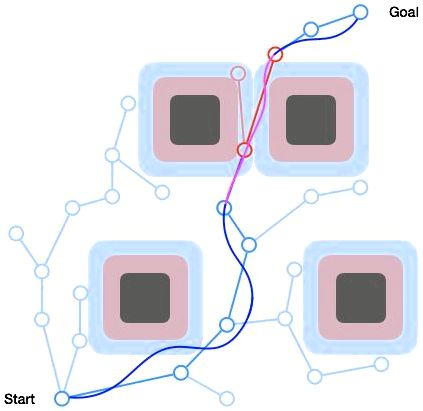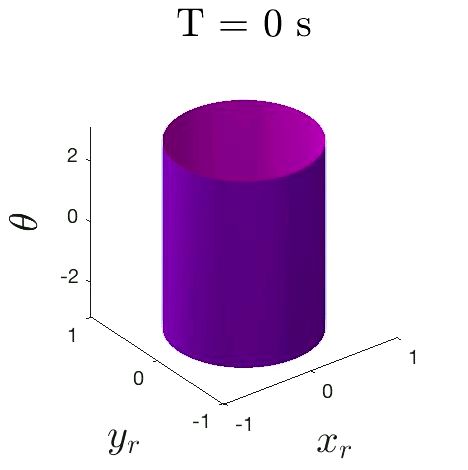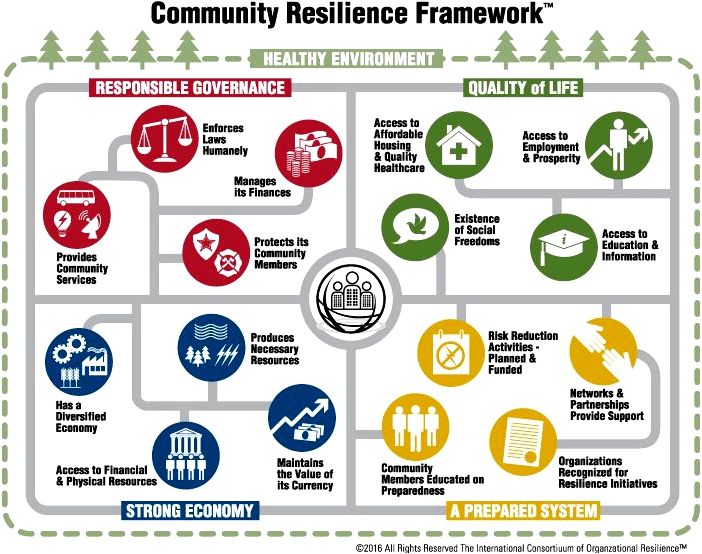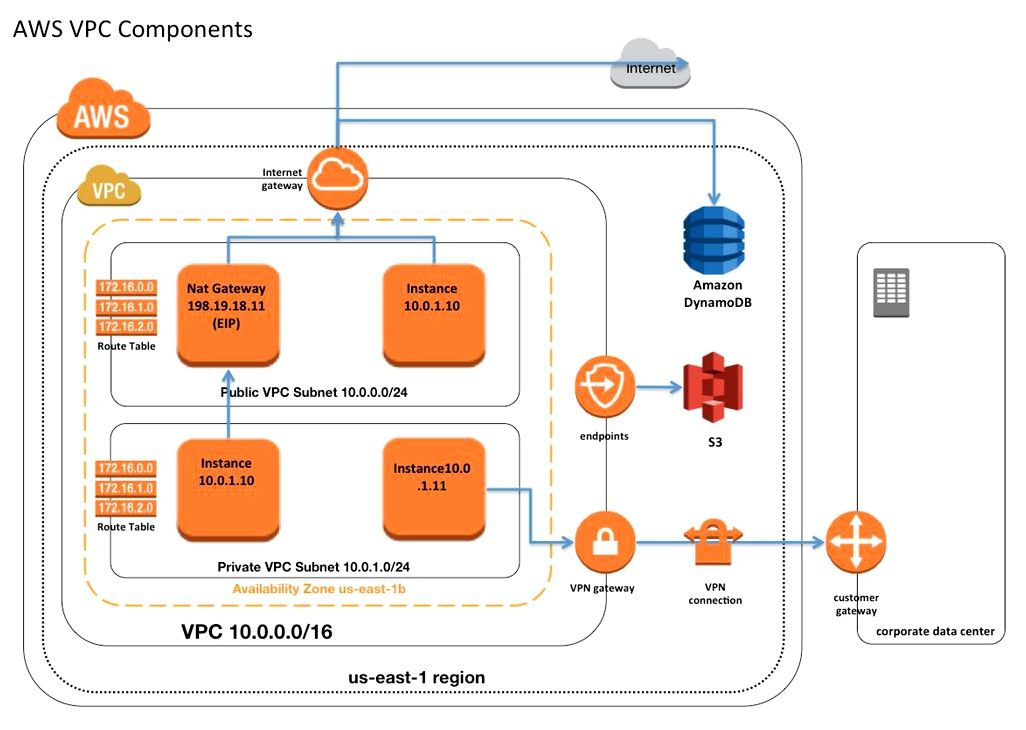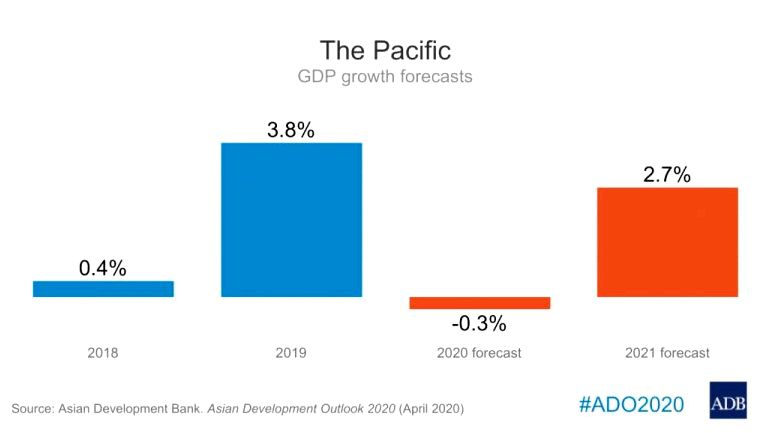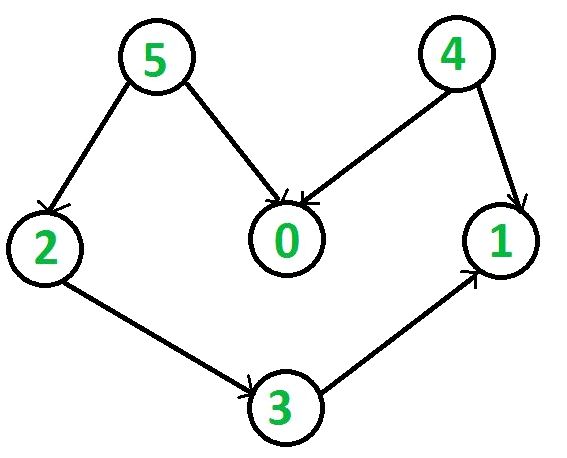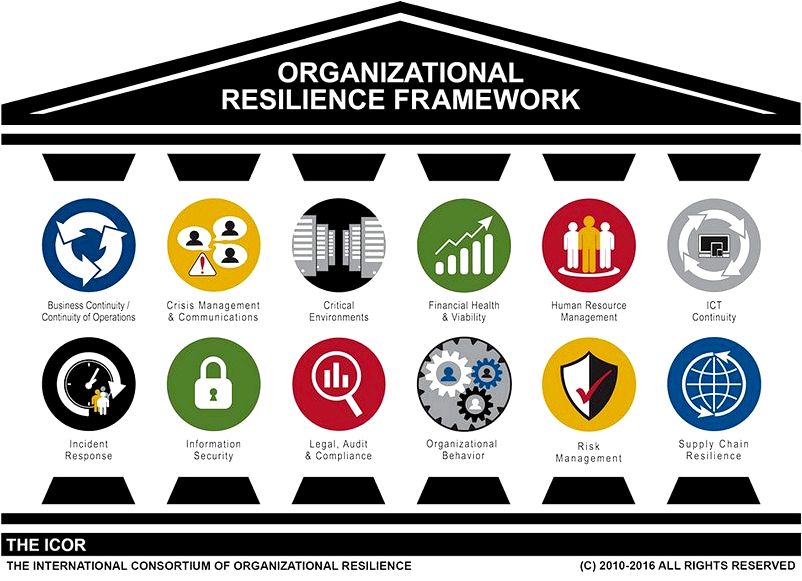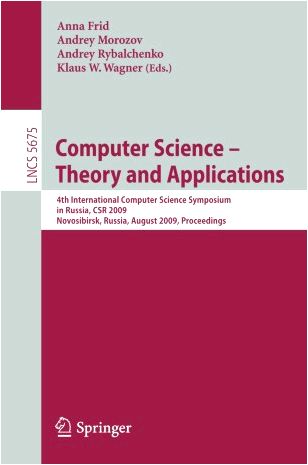Although much work continues to be done thinking about the problem of airbase resilience &mdash mainly in the Asia-Off-shore region &mdash these research has typically focused on one part of the problem (for example hardening or runway repair) but haven’t considered the problems as a whole. There’s a necessity to see the problem more holistically, especially because of the proper implications of U.S. power projection in anti-access/area denial (A2/AD) environments. The authors of the report created a modeling framework and lexicon for performing an in depth analysis of future Air Pressure operational resilience within an A2/AD atmosphere case study itself centered on different regions (Off-shore, Southwest Asia, etc.) to bound the issue and identify a strong group of proper assumptions and planning needs. The research was set inside the context of efforts to rebalance the joint pressure within the Asia-Off-shore region. This report describes the Operational Resilience Analysis Model (ORAM) designed for this effort, that was accustomed to assess the impact of various considerations from your operational perspective. The authors explain the ORAM model, discuss the inputs which go into modeling Blue (friendly) and Red (enemy) abilities, and illustrate the model utilizing a simple notional situation. They conclude with a few recommendations for follow-on try to enhance the functionality of ORAM and also to address data uncertainties within the model.
Continue reading “The Principles of Operational Resilience &mdash Assessing the opportunity to Be employed in an Anti-Access/Area Denial (A2/AD) Atmosphere: The Analytical Framework, Lexicon, and Characteristics from the Operational Resilience Analysis Model (ORAM) RAND”
